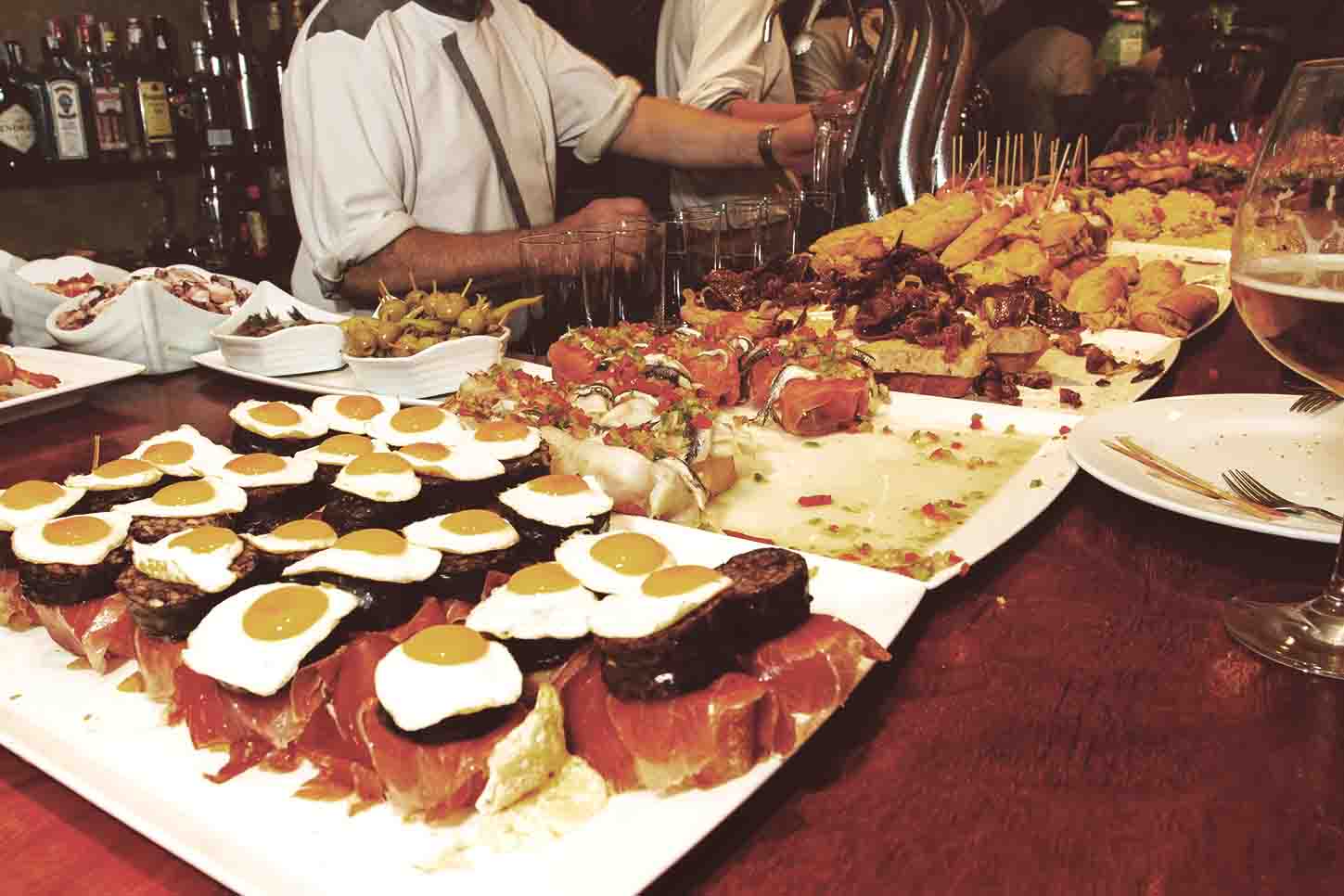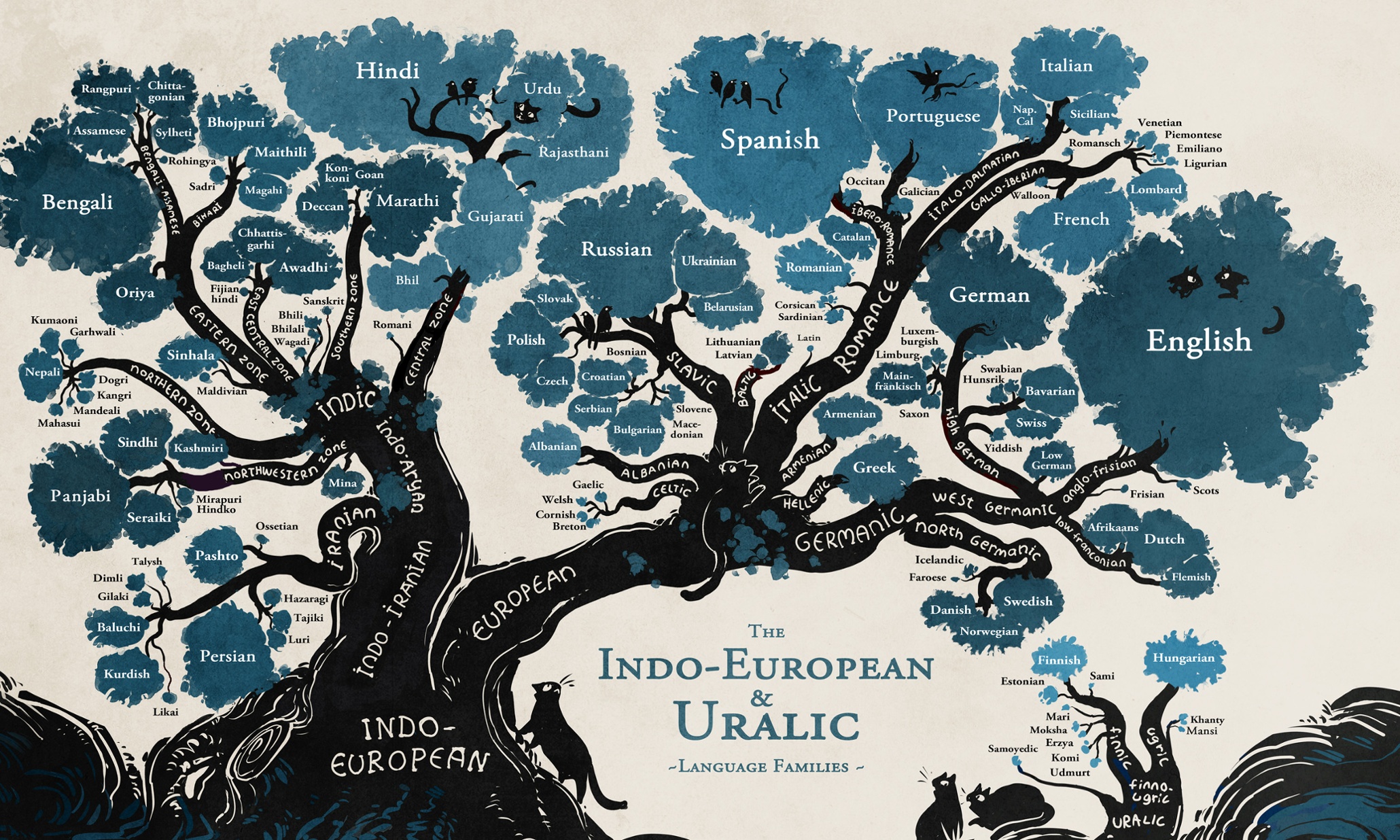Where do new words come from? Living languages are never static — they never stay the same over long periods of time. They interact with other languages, shift, adapt, and develop. This includes the vocabulary of a language: some words fall out of use, other words...
Translate for Business
Types of translation projects
What types of translation project do we handle? Well, the answer is "all of them!" For each client is different, and every single project has its own characteristics. However, in order to understand the different types of translation a client may need, we consider the...
Language Isolates
To study languages more effectively, linguists classify them into various groups according to different characteristics. One such classification is a genetic (genealogical) classification that unites languages into language families. A language family is a grouping...
The Assembly Calculus
Neuroscience has made many breakthroughs in understanding how the human brain works. We better understand behaviour, for example, and why we react to stimulus the way we do. We are also learning how, within the brain, complex connections are functioning: between...
Should we translate tapas?
There is a little pavement café in Valencia, called La Taberna de la Reina (the Queen's tavern) which serves "tapas". It calls itself, in English, a "tapas bar". This is a poor translation of "bar de tapas" using the plural noun "tapas". But should you translate...
We are Family! Language Families
Language Families Linguists classify languages into different groups to study them more effectively. Grouping languages together allows us to study their common features, how they function, as well as how the languages have developed and interacted over the course of...
Translating large technical documents
Translating large technical documents and data sheets Translating technical documents requires a high level of accuracy and technical expertise. Even a minor imprecision could have serious legal implications. This applies to: Operating or installation manuals...
The History of the word ‘Slavery’
The History the words ‘Slave’ and ‘Slavery’ There are words in the English language that are not just words. Of course, words denote objects and concepts, or express grammatical meanings. But, they can also have strong positive, or negative, connotations and a rich...
Uniquely interesting languages
Communicating in our native language is a breeze, and many of us struggle to learn the intricacies of foreign languages. However, some languages are just plain weird! Seeming to defy all rules of grammar or even common sense. In fact, English sounds complicated or...
Translation Style and Tone
Translation — it's a style thing! We all have our own way of using language and our own preferences. We also use different styles of language to communicate with different people. While we mostly accept this premise, it can sometimes be difficult to distinguish...









